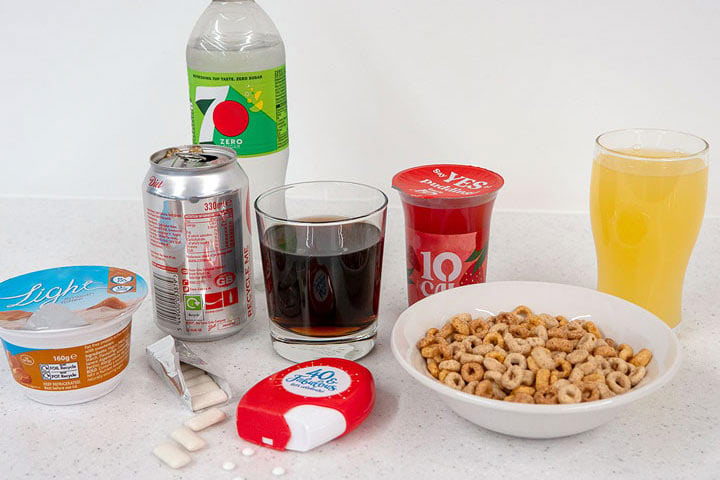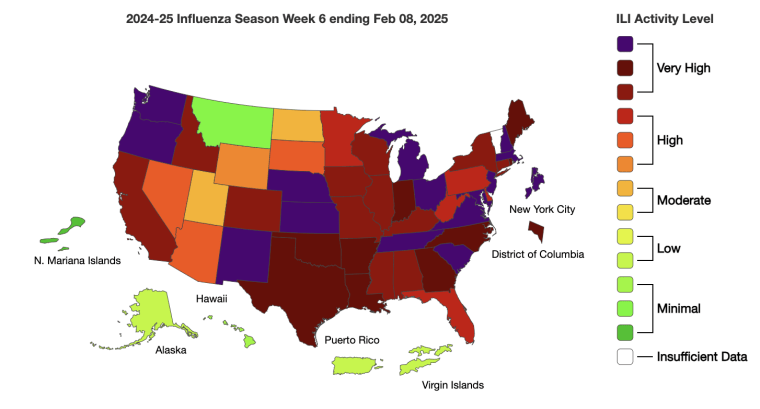Do you drink diet sodas? Diet Coke has become a go-to drink, personality trait, and point of controversy over the past few decades. Many opt for it because it seems like a better alternative to sugar, but others argue that this artificial sweetener is doing more harm than good.
Aspartame has been around since 1965, and is now used in most sugar-free items. Chemist James Schlatter was researching anti-ulcer drugs and licked the substance off his finger, discovering its sweetness by accident. Aspartame is 200 times sweeter than sugar, so although it still contains calories, many consumers choose it because it has less than sugar. Furthermore, companies don’t have to use as much because of its concentrated sweetness, making it a very desirable additive on all fronts.
One of the main platforms where information, and often misinformation, about aspartame is spread is through social media. Self-proclaimed health experts use scare tactics to convince people that this artificial sweetener can be detrimental to their health, creating a larger conversation about what the FDA allows in our food and drinks.
“I’ve seen multiple TikToks about the negative effects of aspartame in diet sodas and although I don’t drink them myself, it really makes me concerned for my friends who are partaking in the drinkage of these,” said senior Mattie Cross.
However, further research has shown that aspartame is not as harmful as it’s made out to be on social media. An article published by the American Cancer Society states that the results of studies on people have not been consistent in proving a link between aspartame and cancer.
Additionally, the IARC (the cancer research agency of the World Health Organization) noted that there is very limited evidence in its possible cancer-causing mechanisms. They classify it as “possibly carcinogenic to humans” because of the lack of consistent evidence, meaning that exposure to it is not a major health concern in the opinion of many health professionals. For context, other substances in this category are aloe vera, pickled vegetables, and nickel, according to NBC News.
Aspartame is hard to avoid, as it is found in pretty much all diet sodas, gum, tabletop sweeteners, mints, and most things classified as sugar-free.
“I drink Diet Coke and honestly, I’ve never once thought about it. I didn’t even know about aspartame and I’m not really concerned about it,” said senior Prue Bailey.
The main takeaway from this research is that aspartame is safe to consume in moderation, as with most things. The evidence of a link between this sweetener and cancer is sparse and most professionals are not concerned about the effects of it. Consuming less than the FDA’s recommended 50 milligrams per kilogram of body weight each day. Health professionals advise to stay within this daily intake limit, and as long as you do, the risk level of contracting cancer from aspartame is very low.






